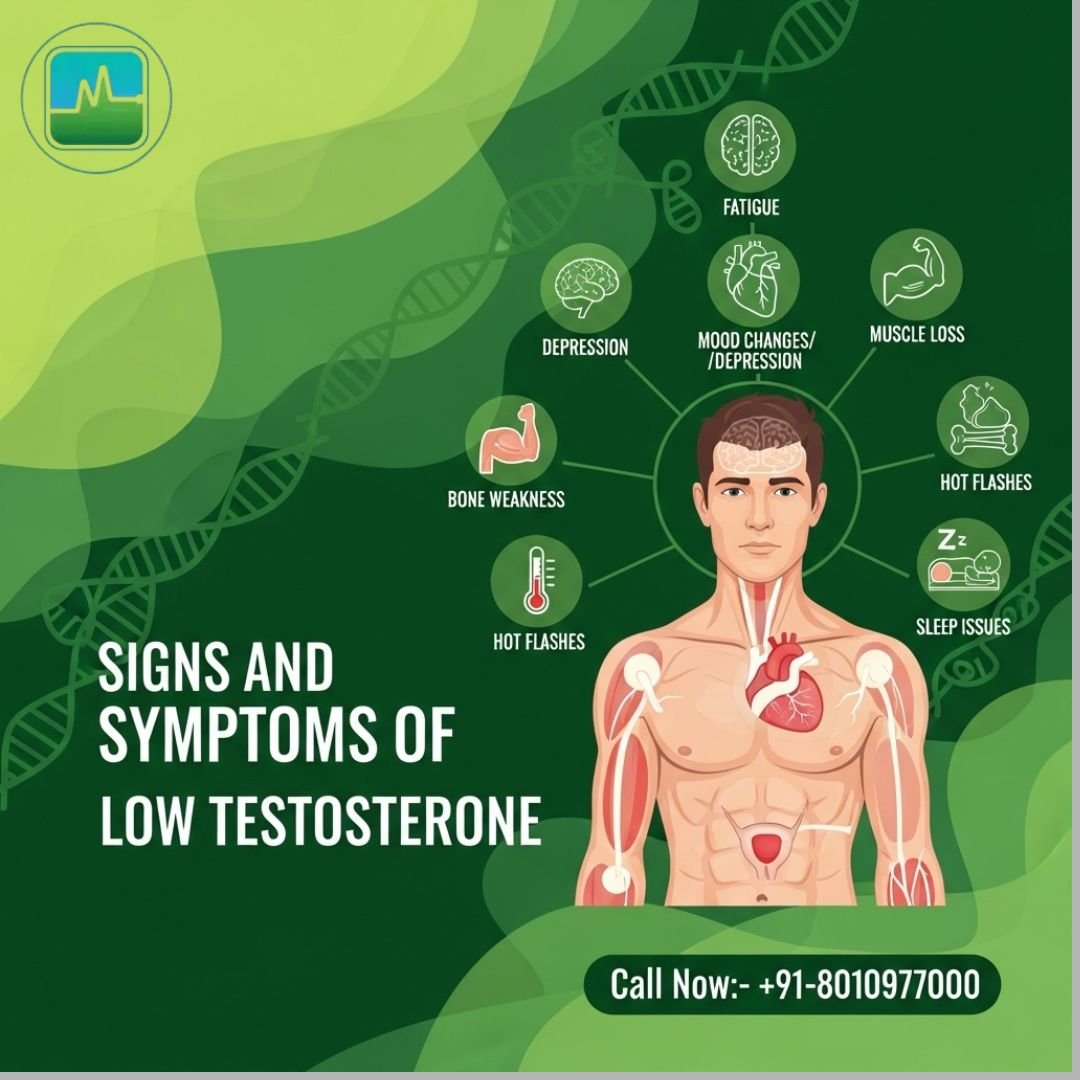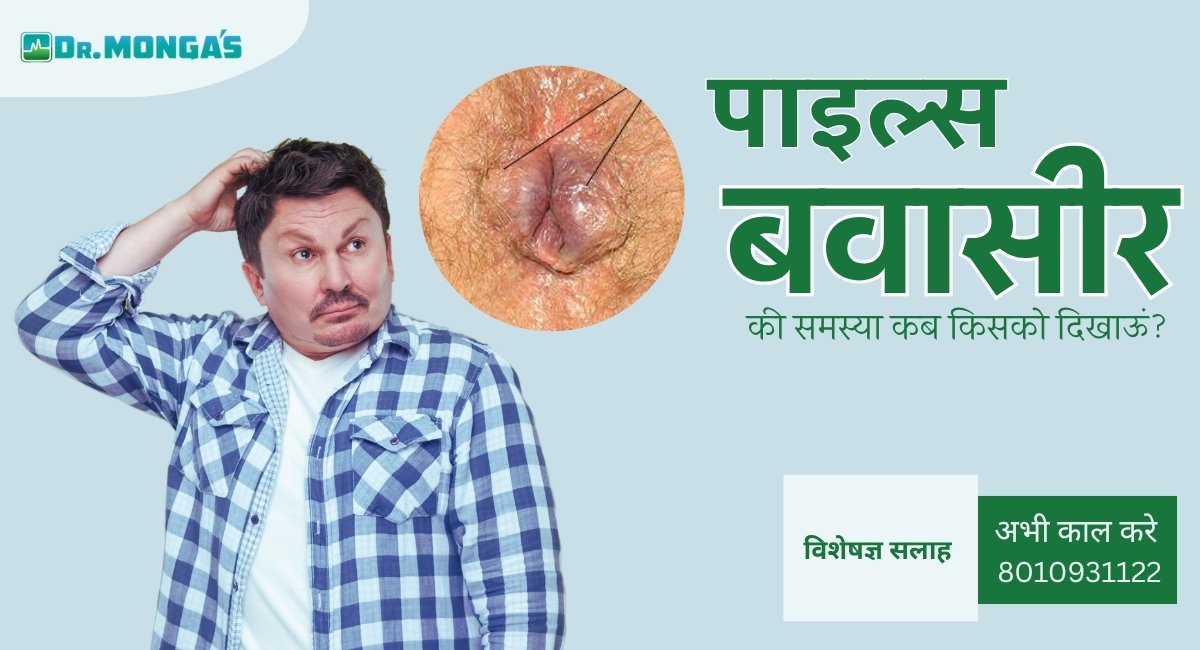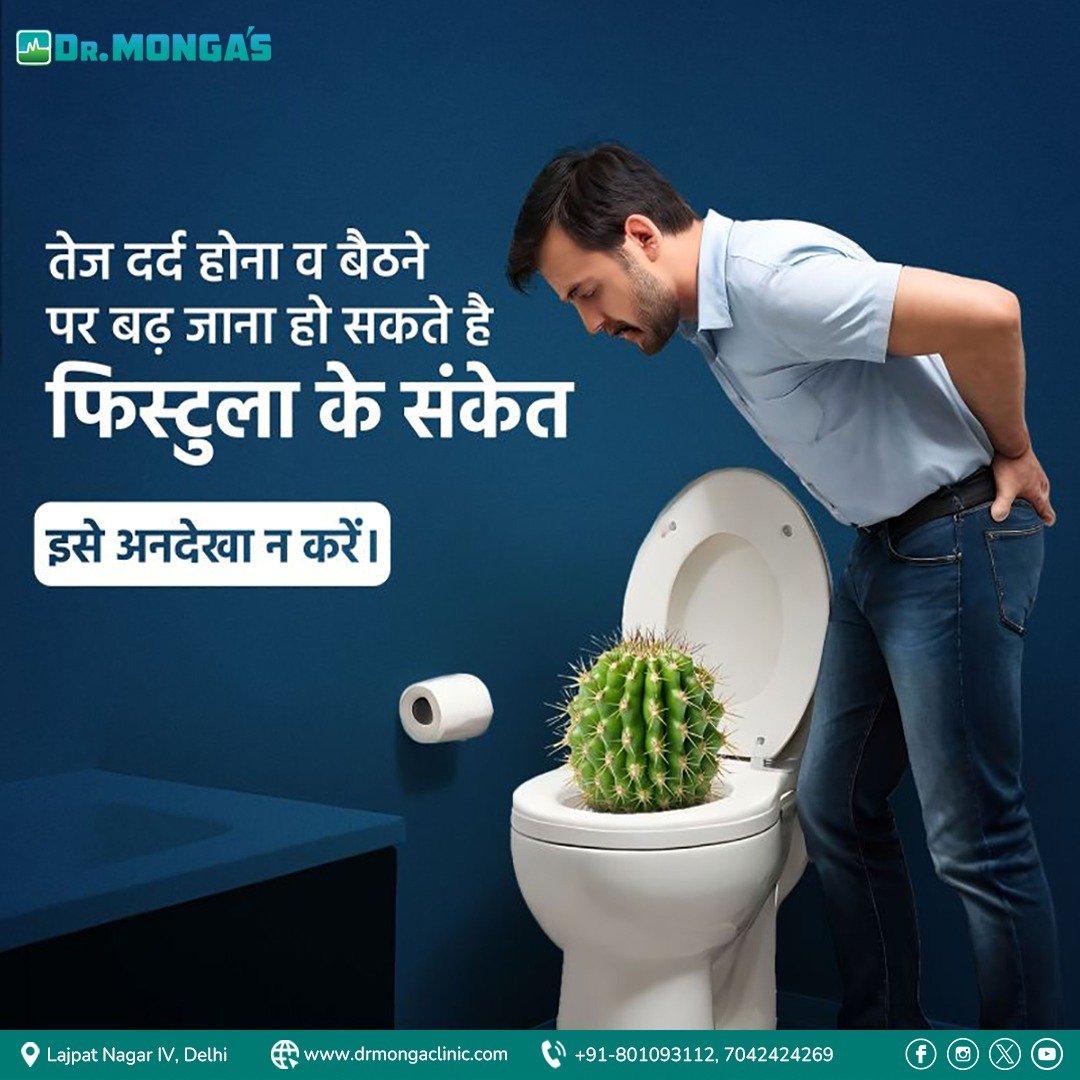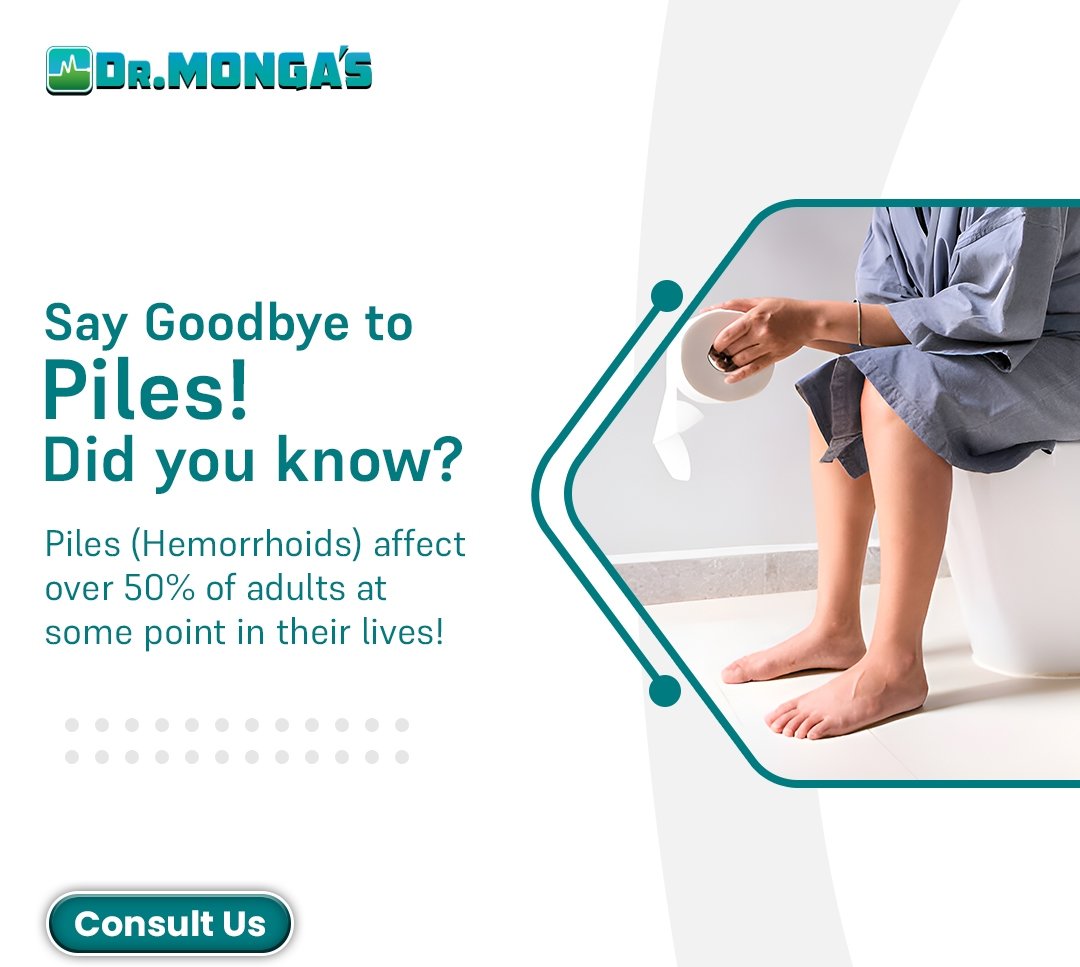Living with piles (hemorrhoids) can be an uncomfortable and often embarrassing experience. Many individuals suffering from this condition seek relief but fear surgical treatments. Fortunately, in Greater Kailash, there are several effective, non-surgical options available to alleviate the pain and discomfort associated with piles. This article will guide you through various treatment methods, lifestyle changes, and preventive measures that can help manage piles without the need for surgery.
Understanding Piles
Piles, or hemorrhoids, are swollen veins in the lower rectum and anus. They can cause a range of symptoms including:
- Bleeding during bowel movements
- Itching or irritation in the anal region
- Pain or discomfort
- Swelling around the anus
Piles can be classified into two main types: internal and external. Internal piles occur inside the rectum, while external piles develop under the skin around the anus. Understanding these types is crucial for pursuing the right treatment.
Common Causes of Piles
Piles can develop due to various factors, such as:
- Straining during bowel movements – This can be due to constipation or excessive lifting.
- Pregnancy – Increased pressure in the pelvic region can lead to hemorrhoids.
- Obesity – Excess weight can put extra pressure on the rectal area.
- Prolonged sitting – Staying in one position for too long, especially on the toilet, can contribute to this condition.
Non-Surgical Treatment Options
In Greater Kailash, various non-surgical treatment options are available for piles. Here are some effective methods:
1- Dietary Changes
One of the simplest yet most effective ways to treat and prevent piles is through dietary modifications. A diet high in fiber can help soften stools, making bowel movements easier and reducing strain.
Increase Fiber Intake
Consume more fruits, vegetables, whole grains, and legumes.
Stay Hydrated
Aim for at least 8 glasses of water daily to help soften stools.
Limit Processed Foods
Reducing processed foods can prevent constipation.
Key Dietary Recommendations:
2- Over-the-Counter Remedies
Many over-the-counter products can help relieve symptoms associated with piles.
Common Options Include:
- Topical Creams or Ointments – These can reduce itching and swelling.
- Suppositories – These can provide moisture and relief from discomfort.
- Pain Relievers – Non-prescription pain medications like ibuprofen or acetaminophen can help alleviate pain.
3- Lifestyle Modifications
Incorporating specific lifestyle changes can be an effective way to manage and prevent piles.
Actionable Lifestyle Tips:
Regular Exercise
Aim for at least 30 minutes of moderate activity most days of the week.
Avoid Prolonged Sitting
Take breaks and stand or walk around regularly, particularly if you have a desk job.
Practice Good Bathroom Habits
Avoid straining and try to establish a regular bathroom routine.
4- Alternative Therapies
In Greater Kailash, you may also find alternative therapies that can assist in managing piles without resorting to surgery.
Options to Consider:
- Yoga and Meditation – Practicing yoga can help improve circulation and reduce symptoms.
- Acupuncture – Some find relief through alternative treatments like acupuncture, which may alleviate pain and enhance overall well-being.
When to Seek Medical Advice
While many of these treatments can be effective, it’s crucial to consult with a healthcare professional if:
- Symptoms persist or worsen.
- You notice significant bleeding.
- There are changes in bowel habits.
A qualified doctor can help determine the exact nature of your condition and recommend advanced non-surgical interventions tailored to your needs.
Conclusion
Managing piles without surgery is possible with the right combination of dietary changes, lifestyle modifications, and alternative therapies available in Greater Kailash. By employing these methods, you can find relief from discomfort and regain a better quality of life. If you or someone you know is struggling with piles, consider exploring these options and consult with a healthcare provider for personalized advice.











Leave a Reply